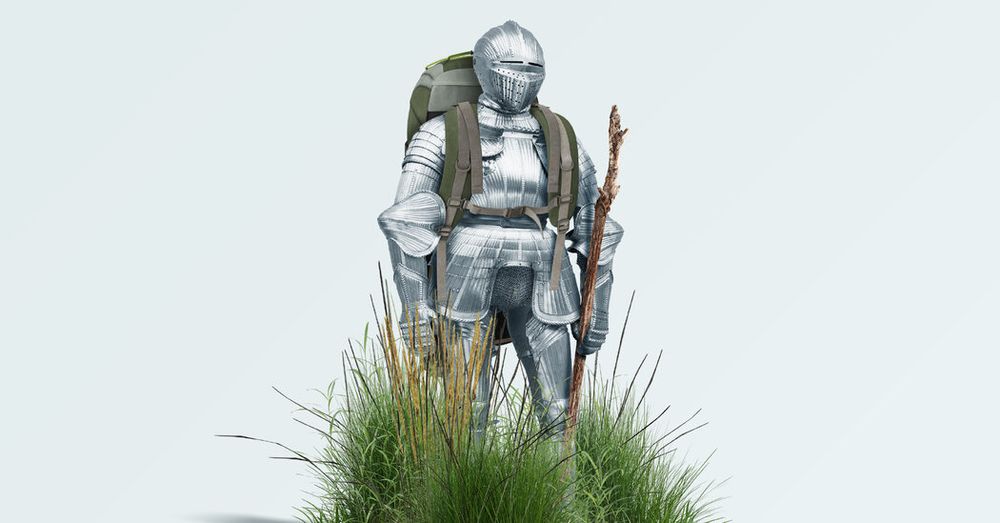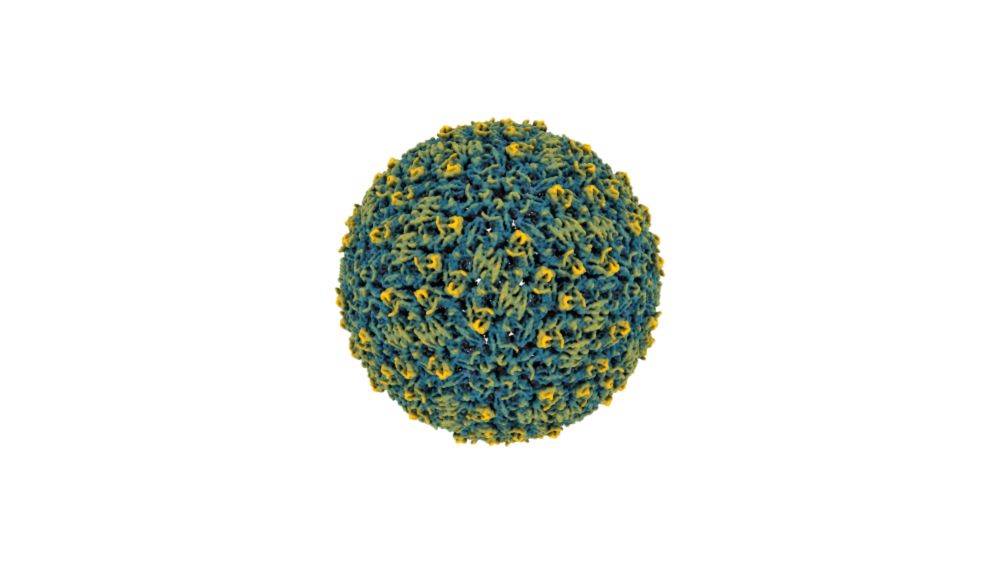Center for Infectious Disease Dynamics at Penn State
@ciddpsu.bsky.social
5K followers
660 following
120 posts
Center for Infectious Disease Dynamics at Penn State. Infectious disease biologists working across multiple scales of complexity to improve health.
Posts
Media
Videos
Starter Packs
Reposted by Center for Infectious Disease Dynamics at Penn State
Reposted by Center for Infectious Disease Dynamics at Penn State
MIDAS Network
@midas-network.bsky.social
· Aug 28

Full or Associate Professor in Infectious Disease Modeling
APPLICATION INSTRUCTIONS: CURRENT PENN STATE EMPLOYEE (faculty, staff, technical service, or student), please login to Workday to complete the internal application process. Please do not apply here, a...
psu.wd1.myworkdayjobs.com
Reposted by Center for Infectious Disease Dynamics at Penn State
Jason Rasgon
@vectorgen.bsky.social
· Sep 2

Hologenomic structure of bacterial and fungal community composition in the West Nile virus vector Culex tarsalis
Background: Microbiota play a crucial role in determining the ability for arthropod disease vectors to transmit pathogens. Microbial community structure can be heavily influenced by microbe-microbe in...
www.biorxiv.org
Reposted by Center for Infectious Disease Dynamics at Penn State
Sagan Friant
@saganfriant.bsky.social
· Aug 29

Reducing the threats of rodent-borne zoonoses requires an understanding and leveraging of three key pillars: disease ecology, synanthropy, and rodentation
Rodents have co-existed with humans for centuries, and frequently exchange pathogens. Historically, rodent-driven plague outbreaks scoured the Old Wor…
www.sciencedirect.com
Reposted by Center for Infectious Disease Dynamics at Penn State
Reposted by Center for Infectious Disease Dynamics at Penn State
Reposted by Center for Infectious Disease Dynamics at Penn State
Reposted by Center for Infectious Disease Dynamics at Penn State
Jason Rasgon
@vectorgen.bsky.social
· Aug 19

Expression of endogenous Anopheles gambiae microRNAs using an Anopheles gambiae densovirus (AgDNV) intronic expression system - Parasites & Vectors
Background Anopheles gambiae densovirus (AgDNV) is a highly species-specific parvovirus that reaches high titers in adult Anopheles gambiae mosquitoes with few transcriptomic effects and minimal signi...
parasitesandvectors.biomedcentral.com
Reposted by Center for Infectious Disease Dynamics at Penn State
Reposted by Center for Infectious Disease Dynamics at Penn State












